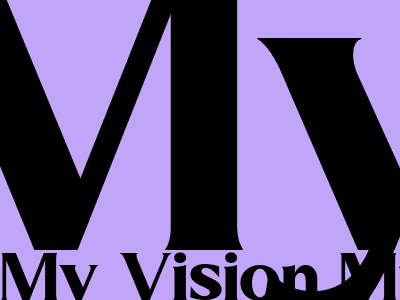My Vision Muammar Gaddafi Pdf
An In-Depth Analysis of Muammar Gaddafi's "Green Book"
Introduction
Muammar Gaddafi, the former Libyan leader, was a controversial figure who left behind a legacy of both admiration and condemnation. One of his most well-known works is his "Green Book," a three-part political treatise that outlined his vision for a new world order. This blog post aims to provide an in-depth analysis of Gaddafi's "Green Book," exploring its key themes, strengths, and weaknesses.
Themes of the "Green Book"
The "Green Book" is primarily concerned with three main themes: social justice, political equality, and economic self-sufficiency. Gaddafi believed that these principles were essential for creating a truly democratic and prosperous society.
Social justice, according to Gaddafi, meant providing equal opportunities for all citizens, regardless of their race, gender, or religion. He argued that capitalism and socialism had both failed to achieve true social justice, and he proposed a third way that would combine the best elements of both systems.
Political equality was another key theme of the "Green Book." Gaddafi believed that all citizens should have a say in the decisions that affect their lives. He proposed a system of direct democracy in which citizens would participate in decision-making through popular committees.
Economic self-sufficiency was the third main theme of the "Green Book." Gaddafi believed that countries should be able to provide for their own needs without relying on foreign aid or trade. He called for a return to traditional values and a rejection of Western consumerism.
Strengths of the "Green Book"
The "Green Book" has been praised for its idealism and its call for a more just and equitable world. Gaddafi's vision of a society based on social justice, political equality, and economic self-sufficiency is a powerful one that has resonated with many people around the world.
Another strength of the "Green Book" is its emphasis on direct democracy. Gaddafi believed that citizens should have a direct say in the decisions that affect their lives, and he proposed a system that would allow them to do so.
Finally, the "Green Book" has been praised for its call for economic self-sufficiency. Gaddafi believed that countries should be able to provide for their own needs without relying on foreign aid or trade, and he proposed a number of policies that would help to achieve this goal.
Weaknesses of the "Green Book"
Despite its strengths, the "Green Book" has also been criticized for a number of weaknesses. One of the main criticisms is that it is too idealistic and unrealistic. Gaddafi's vision of a perfect society is one that is unlikely to be achieved in the real world.
Another criticism of the "Green Book" is that it is too vague and ambiguous. Gaddafi often used broad and sweeping statements without providing concrete details or examples. This makes it difficult to understand exactly what he meant and how his ideas would work in practice.
Finally, the "Green Book" has been criticized for being too authoritarian. Gaddafi's emphasis on direct democracy and economic self-sufficiency could lead to a society in which the government has too much power and citizens have little say in the decisions that affect their lives.
Conclusion
Muammar Gaddafi's "Green Book" is a complex and controversial work that has been both praised and criticized. While it contains some valuable insights and proposals, it is also flawed by its idealism, vagueness, and authoritarianism. Ultimately, the "Green Book" is a reflection of Gaddafi's own idiosyncratic vision for the world, and it is up to each individual reader to decide whether or not they agree with his ideas.

Comments